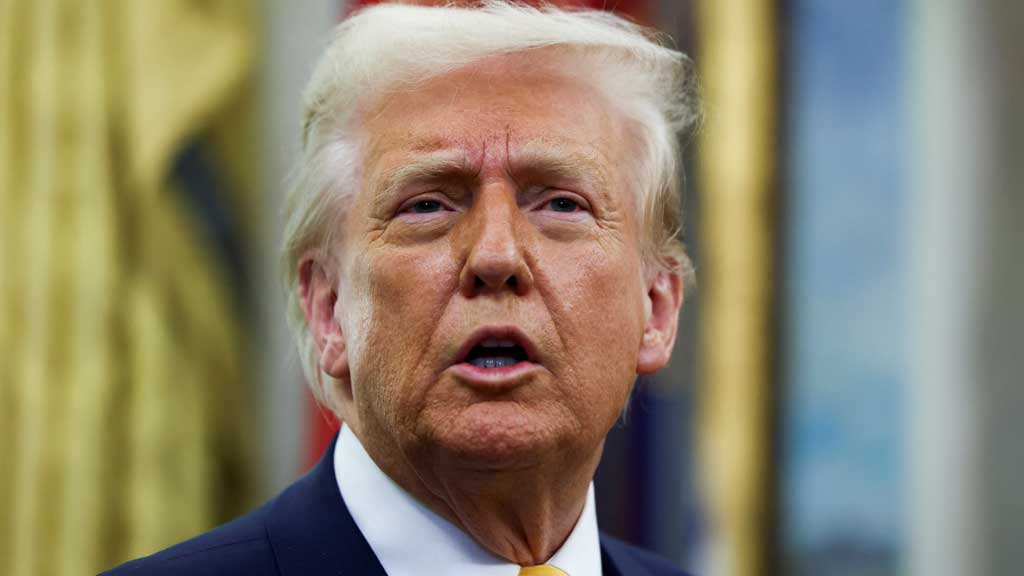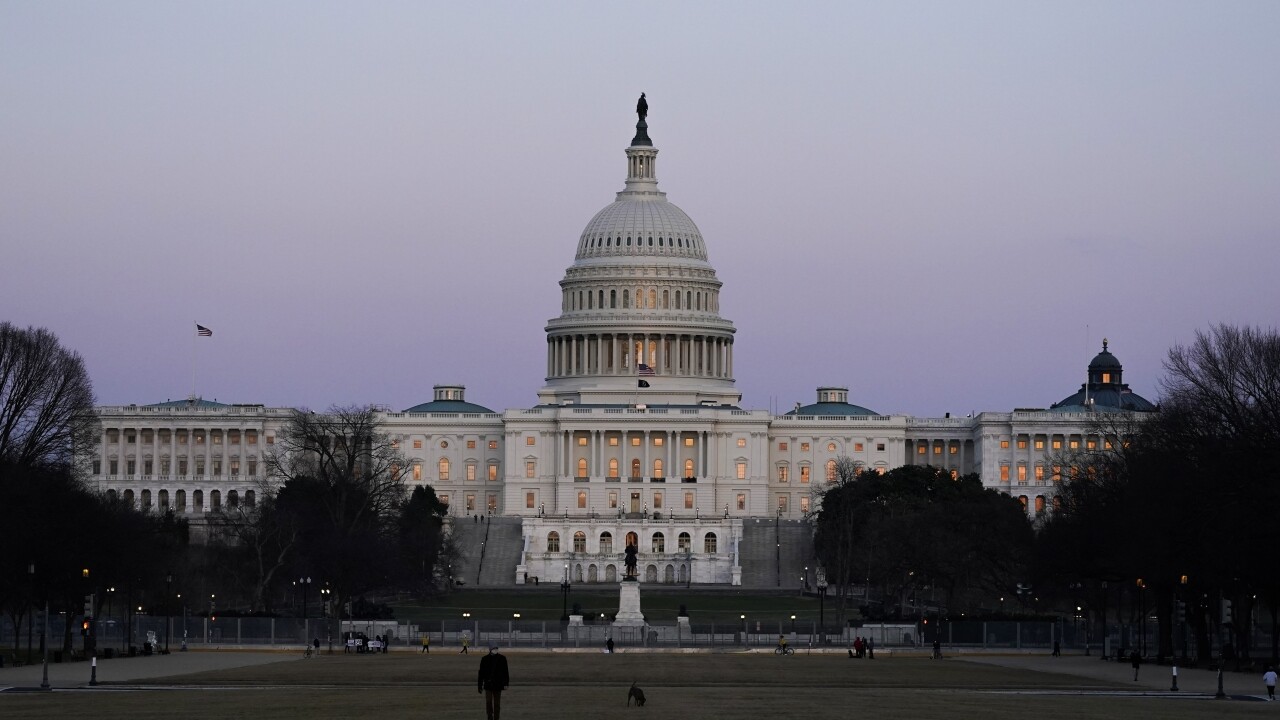WORLD NEWS

U.S. President Donald Trump has reimposed and expanded tariffs on steel and aluminum imports, triggering retaliatory measures from Canada and Europe. The decision, which took effect on Wednesday, restores a 25% duty on all steel imports and extends restrictions to hundreds of downstream products, including bolts, bulldozer blades, and soda cans.
Canada & EU Strike Back
Canada, the largest foreign supplier of steel and aluminum to the U.S., responded swiftly, announcing 25% retaliatory tariffs on U.S. metals, computers, sports equipment, and other products worth C$29.8 billion. To counter the economic impact, Canada's central bank also cut interest rates.
The European Commission announced counter-tariffs on up to €26 billion ($28 billion) worth of U.S. goods next month. However, Commission President Ursula von der Leyen emphasized the need for dialogue, directing EU Trade Commissioner Maros Sefcovic to resume talks with U.S. officials.
China, Japan, Britain, and Australia also criticized the tariffs, with Japanese officials warning of significant strain on U.S.-Japan economic ties.
Economic Fallout & Political Repercussions
Trump’s tariff-driven economic policies have shaken global investor confidence, with JP Morgan warning of a 40% chance of a U.S. recession. Economists argue that constant policy shifts in Washington are creating uncertainty for businesses and consumers alike.
The escalation comes at a pivotal moment in Canada’s political transition, as Prime Minister Justin Trudeau prepares to hand over power to Mark Carney, the newly elected Liberal leader. Carney signaled a willingness to engage with Trump but emphasized that discussions must respect Canada’s sovereignty.
Trump’s trade war rhetoric has also fueled anti-U.S. sentiment in Canada, with American products disappearing from store shelves and the U.S. national anthem being booed at hockey games. Travel to the U.S. from Canada has declined by 20% year-over-year.
U.S. Steel Industry Backs Tariffs, But At What Cost?
U.S. steel producers have welcomed Trump’s move, citing previous loopholes in his 2018 tariffs. However, industries reliant on affordable steel and aluminum—such as automobile manufacturers and beverage companies—warn of rising costs and potential job losses.
With the global economy already facing headwinds, the back-and-forth tariff battle risks deepening economic instability. Canada has hinted at non-tariff measures, including potential oil export restrictions to the U.S., if tariffs remain in place.
For now, the world watches as trade tensions rise, with markets bracing for further retaliatory actions.




